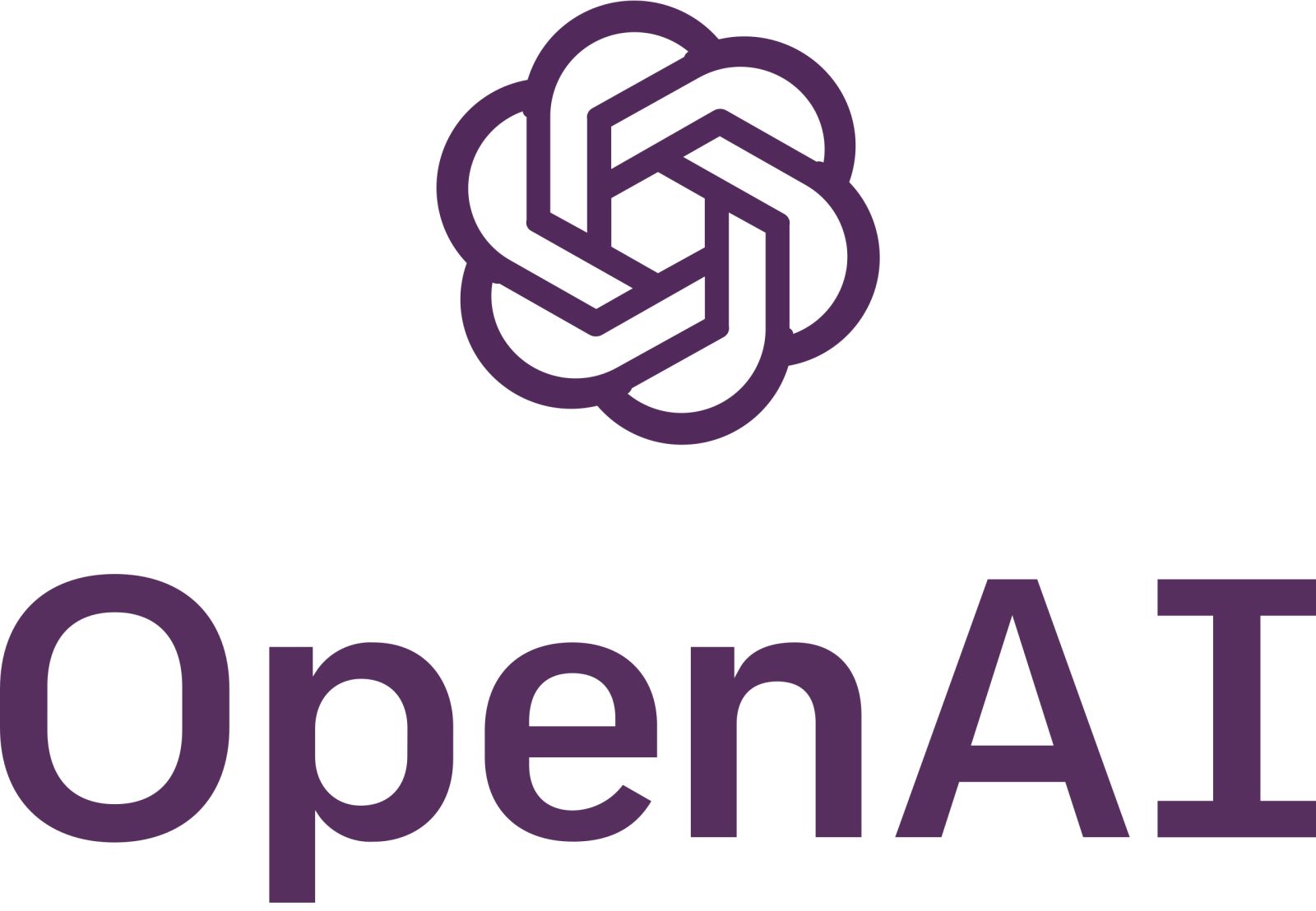Introduction
The Microsoft-OpenAI partnership enters a historic new phase. Building on an agreement dating back to 2019 that transformed AI research into one of the industry's most influential alliances, Microsoft and OpenAI have now signed a new definitive agreement that redefines partnership terms. Microsoft's investment reaches approximately $135 billion, representing 27% of OpenAI Group PBC's diluted ownership, while the partnership adapts to a rapidly evolving landscape toward artificial general intelligence (AGI).
Cornerstones of the Renewed Agreement
The agreement preserves fundamental elements that have ensured collaboration success. OpenAI remains Microsoft's frontier model partner, while Microsoft retains exclusive IP rights and Azure API exclusivity until AGI declaration. However, the new agreement introduces refined provisions enabling both companies to advance independently in innovation and growth, balancing interdependence with strategic autonomy.
Key Changes in the Partnership
AGI Governance and Independent Verification
A significant innovation concerns AGI declaration. When OpenAI declares AGI achievement, this declaration will be verified by an independent expert panel. This external oversight mechanism represents progress toward responsible governance of artificial general intelligence, central to both organizations' shared vision.
Extended and Differentiated IP Rights
Microsoft's intellectual property rights undergo important reconfiguration. IP rights for models and products extend through 2032 and now include post-AGI models with appropriate safety guardrails. Research IP rights—defined as confidential methods used in developing models and systems—remain valid until the expert panel verifies AGI or through 2030, whichever is first.
Importantly, research IP excludes model architecture, model weights, inference code, finetuning code, and data center hardware and software intellectual property. Microsoft retains these non-Research IP rights permanently.
Flexibility in Products and Partnerships
The new structure allows OpenAI to jointly develop certain products with third parties. API products developed with third parties remain exclusive to Azure, while non-API products may be served on any cloud provider. Simultaneously, Microsoft can now independently pursue AGI development, either autonomously or through partnerships with third parties. This mutual flexibility reduces technology silos and fosters distributed innovation.
Government Access and Open-Weight Models
OpenAI now gains the ability to provide API access to US government national security customers, regardless of cloud provider used. Additionally, OpenAI can release open-weight models meeting specific capability criteria, expanding the AI model ecosystem available to the public market.
Commercial and Computational Implications
Commercially, OpenAI has contracted to purchase an additional $250 billion in Azure services. However, Microsoft loses right of first refusal as OpenAI's compute provider, meaning OpenAI can negotiate with other cloud infrastructure providers.
If Microsoft uses OpenAI's intellectual property to develop AGI before official declaration, resulting models will be subject to compute thresholds significantly larger than current systems used for training leading models. This technical constraint protects OpenAI's independence during the AGI transition phase.
The revenue-sharing agreement remains valid until AGI verification, though payments will be made over a longer period, ensuring extended and predictable monetization.
Strategic Significance for the AI Industry
This agreement marks a sophisticated balance between collaboration and autonomy. Both organizations are better positioned than ever to continue building excellent products meeting real needs and creating new opportunities for every person and business. Redefining IP rights, introducing independent AGI verification, and granting OpenAI greater autonomy reflect the AI industry's maturity and the need for responsible governance as advanced intelligence forms emerge.
Conclusion
The new Microsoft-OpenAI agreement represents a natural evolution of a partnership already revolutionizing the artificial intelligence industry. With a $135 billion investment and a legal structure recognizing both strategic synergy and autonomy, both companies establish foundations for the next decade of AI innovation. AGI governance through independent verification and flexibility in product development models indicate growing awareness of responsibility and transparency importance in advanced AI development.
FAQ
How much does Microsoft invest in OpenAI under the new agreement?
Microsoft invests approximately $135 billion, representing 27% of OpenAI Group PBC's diluted ownership, including employees, investors, and OpenAI Foundation. Excluding recent funding rounds, Microsoft held 32.5% of OpenAI's for-profit stake on an as-converted basis.
How does AGI verification change in the Microsoft-OpenAI partnership?
When OpenAI declares AGI achievement, the declaration will be verified by an independent expert panel rather than only company representatives. This external mechanism ensures greater objectivity in determining AGI achievement.
What IP rights does Microsoft retain after 2030?
Microsoft permanently retains rights to model architecture, model weights, inference code, finetuning code, and intellectual property related to data center hardware and software. Research IP rights extend through 2030 or AGI verification, whichever comes first.
Can OpenAI develop products with third parties?
Yes, OpenAI can now jointly develop certain products with third parties. API products remain exclusive to Azure, while non-API products can be served on any cloud provider, increasing OpenAI's commercial flexibility.
How do compute and Azure services obligations change?
OpenAI contracted to purchase an additional $250 billion in Azure services. However, Microsoft loses its right of first refusal as exclusive compute provider, allowing OpenAI to negotiate with other cloud providers in the future.
Can OpenAI release open-weight models?
Yes, OpenAI can now release open-weight models meeting specific capability criteria, expanding public access to AI models beyond commercial APIs.
What is Microsoft's role in AGI development?
Microsoft can now independently pursue AGI development, either autonomously or through partnerships with third parties, no longer limited to OpenAI collaboration alone. If using OpenAI's IP for AGI, models will be subject to very high compute thresholds.
How long does the revenue-sharing agreement last?
The revenue-sharing agreement remains valid until AGI verification by the independent panel. Payments will be made over a longer period than the previous agreement, ensuring extended monetization.
